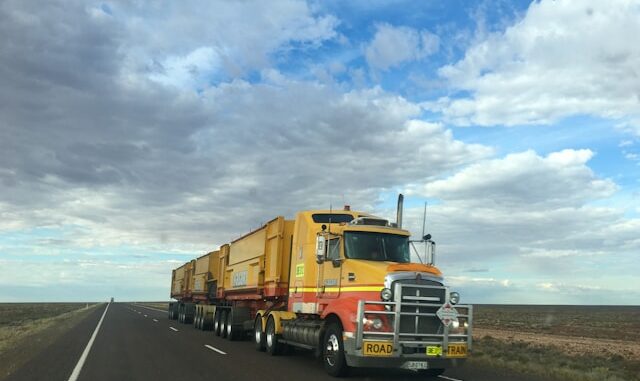
Ontario’s roads are a bustling network carrying everything from cars and motorcycles to behemoth transport trucks. While these titans of the highway deliver essential goods, sharing the road with them can be intimidating. Unfortunately, truck accidents in Ontario are a grim reality, causing serious injuries and significant property damage. Understanding the types of truck accidents, common causes, and how to protect yourself can make a crucial difference.
The Landscape of Truck Accidents in Ontario
The Ontario Provincial Police (OPP) report a concerning rise in truck accidents. In 2022, the OPP responded to over 9,100 crashes involving transport trucks, a worrying high not seen in over a decade [source: ctvnews.ca]. These accidents not only involve large transport trucks but also pickup trucks, a common sight on Ontario roads.
Types of Truck Accidents and Their Causes
- Rear-end collisions: Due to their size and weight, trucks take significantly longer to stop. Inattentive driving or following too closely behind a truck are leading causes of these accidents.
- Underride collisions: A smaller vehicle crashes underneath a larger truck, often resulting in catastrophic injuries. This can occur when a car misjudges the truck’s turning radius or tries to pass unsafely.
- Jackknife accidents: When a truck’s trailer swings out of alignment with the cab in a sudden stop, it creates a dangerous jackknife situation. This can be caused by slippery roads, faulty brakes, or aggressive maneuvers.
- Cargo spills: Improperly secured cargo falling onto the road can cause pile-up accidents or debris hazards for other drivers.
Common Causes of Truck Accidents
- Driver fatigue: Truck drivers often face pressure to meet deadlines, leading to long hours on the road and fatigued driving.
- Distracted driving: Texting, using a cell phone, or eating while driving can significantly impair a driver’s ability to react to changing road conditions.
- Impaired driving: Driving under the influence of alcohol or drugs is a severe danger for all drivers, but especially when dealing with a large vehicle.
- Speeding: Trucks have a longer stopping distance than smaller vehicles. Speeding truck drivers have less time to react and avoid collisions.
- Inclement weather: Snow, ice, and heavy rain can drastically affect road conditions and a truck driver’s ability to control their vehicle.
The Aftermath of a Truck Accident: Injuries and Insurance Claims
Truck accident injuries tend to be more severe than those in car accidents due to the size and weight disparity of the vehicles involved. Victims may suffer whiplash, broken bones, internal injuries, and even fatalities. The emotional and financial impact of such accidents can be devastating.
If you’ve been involved in a truck accident in Ontario, here’s what to do:
- Seek immediate medical attention: Ensure your health and well-being are the top priority.
- Document the scene: Take photos of the damage, skid marks, and any visible injuries.
- Exchange information: Get the names and contact details of the truck driver, any witnesses, and the responding police officer.
- Contact your insurance company: File an accident claim promptly.
- Consult a personal injury lawyer: An experienced lawyer can advise you of your rights and help you navigate the complexities of an insurance claim, especially when dealing with a commercial vehicle.
Sharing the Road Safely
- Maintain a safe following distance: Leave ample space between your vehicle and the truck in front of you.
- Be aware of blind spots: Large trucks have extensive blind spots. Avoid lingering in these areas and make eye contact with the truck driver when possible.
- Pass safely: Only pass when it’s legal and safe to do so.
- Use caution around merging trucks: Give trucks ample space when they are merging onto the highway or changing lanes.
- Stay alert and avoid distractions: Focus on the road and avoid distractions like using your phone while driving.
By understanding the types of truck accidents, common causes, and how to navigate the aftermath, you can be better prepared to protect yourself on Ontario’s roads. Remember, sharing the road with caution and respect is key to keeping everyone safe.
